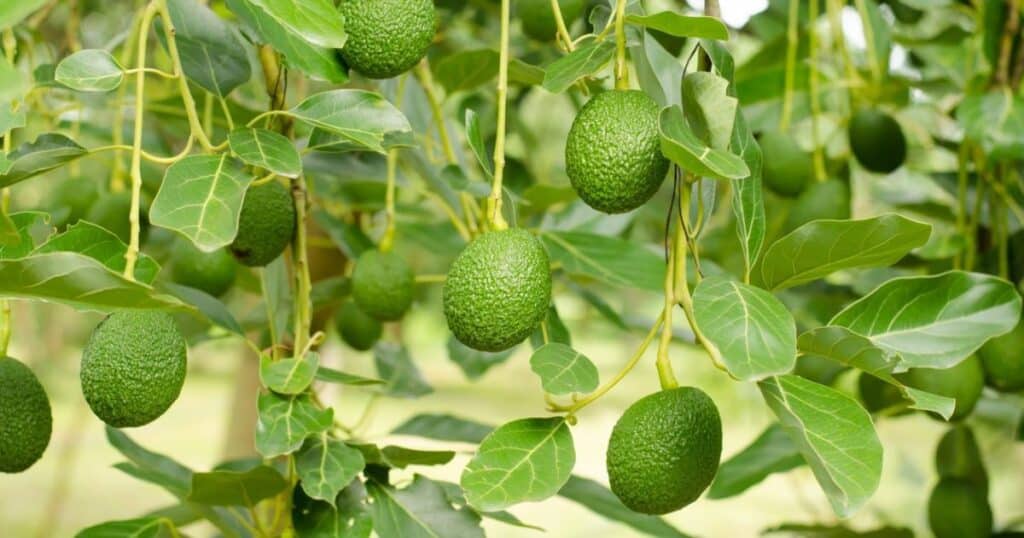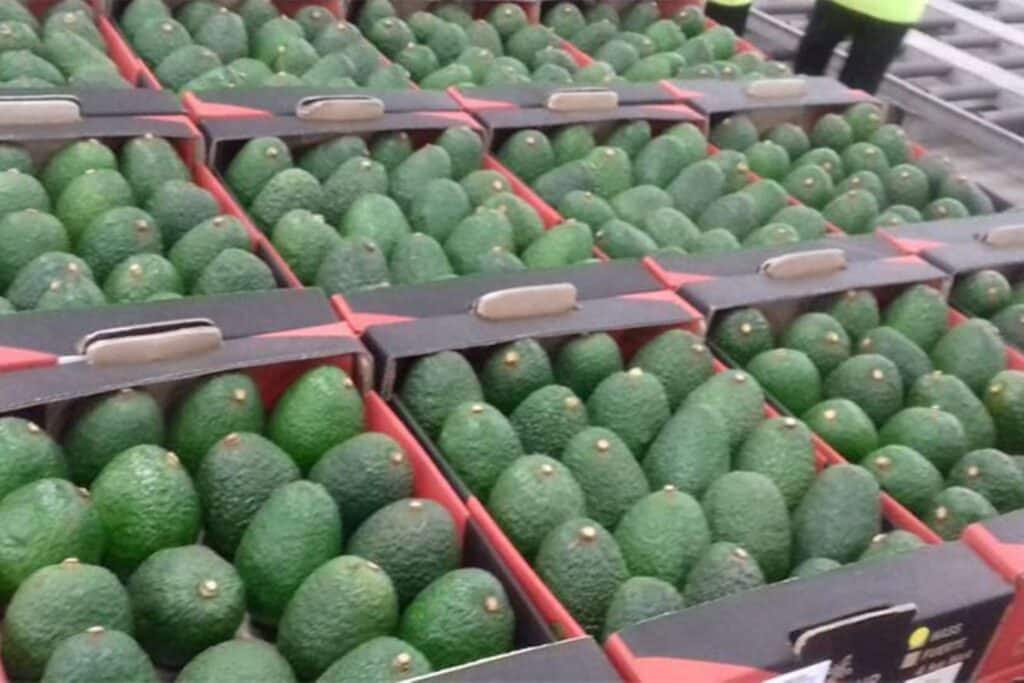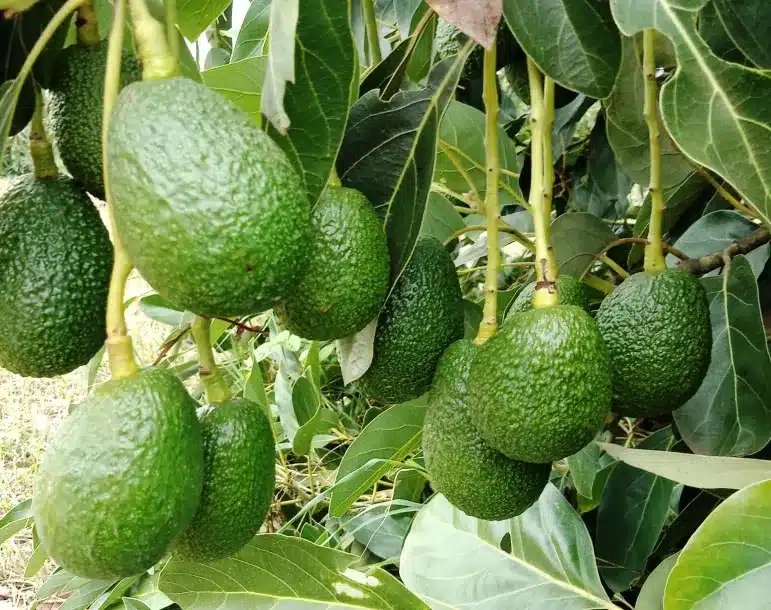Avocado farming has emerged as a significant agricultural activity in Kenya, positioning the country as one of the leading exporters of avocados globally. The rise in avocado farming is attributed to favorable climatic conditions, increasing global demand, and the commitment of Kenyan farmers to diversify their agricultural practices. This boom has not only boosted the economy but also transformed the livelihoods of many smallholder farmers who rely on avocado cultivation as a primary source of income.

Kenya’s diverse agro-ecological zones, particularly in regions like Murang’a, Kiambu, and Kisii, provide ideal conditions for avocado farming. The Hass variety, known for its creamy texture and high oil content, is the most widely cultivated and sought-after type in international markets. Farmers have embraced modern farming techniques, including grafting, irrigation, and pest management, to enhance productivity and ensure the quality of their produce. Additionally, the government’s support through agricultural extension services and training programs has played a crucial role in promoting best practices in avocado farming.
The export market for Kenyan avocados has expanded significantly, with key destinations including Europe, the Middle East, and Asia. This demand surge has driven efforts to comply with international standards, ensuring that Kenyan avocados meet stringent quality and safety requirements. The Kenya Plant Health Inspectorate Service (KEPHIS) and other regulatory bodies have been instrumental in certifying and monitoring avocado exports, thereby enhancing Kenya’s reputation as a reliable supplier of high-quality avocados. The economic benefits of this export market are substantial, contributing to foreign exchange earnings and creating employment opportunities across the value chain.

Despite the successes, avocado farming in Kenya faces several challenges. Issues such as fluctuating market prices, pests and diseases, and climate change impacts pose significant risks to farmers. To address these challenges, stakeholders are advocating for more robust policies, including the establishment of farmer cooperatives to improve bargaining power and market access. Investment in research and development to develop resilient avocado varieties and sustainable farming practices is also crucial. Furthermore, enhancing infrastructure, such as roads and storage facilities, can help reduce post-harvest losses and improve the overall efficiency of the supply chain.

In conclusion, avocado farming in Kenya represents a dynamic and rapidly growing sector with the potential to drive economic development and improve livelihoods. Through favourable climatic conditions, supportive government policies, and a focus on quality, Kenya has positioned itself as a leading player in the global avocado market. However, addressing the challenges faced by farmers and investing in sustainable practices will be essential to maintaining and enhancing this growth trajectory. As the demand for avocados continues to rise, Kenya’s avocado farming sector stands poised to contribute significantly to the country’s agricultural success story.




